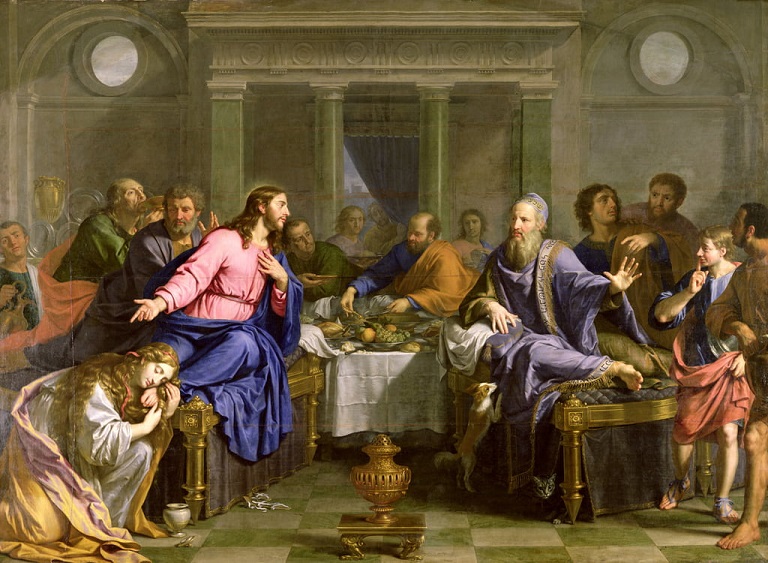Month: October 2022
-

Reformation Sunday
Readings: Revelation 14:6-7 | Romans 3:19-28 | Matthew 11:12-19 Text: Matthew 11:12-19 Theme: The Reformation is about the natural beauty of hearing the Word of Christ in faith. They’re on the side of your head, but they don’t often get much attention (unless something is wrong with them). But on this commemoration of the Reformation,…
-

The Feast of St. James of Jerusalem
Readings: Acts 15:12–22a | James 1:1-12 | Matthew 13:54–58 Text: James 1:1-12 Theme: The Lord rescued James from relying on his own understanding, and gave him heavenly wisdom to lead the Church after the Ascension. I. The followers of Jesus after the Ascension have become a mess. Conflict over circumcision (Acts 15:1-5), being driven away…
-

Eighteenth Sunday after Trinity
Readings: Deuteronomy 10:12-21 | 1 Corinthians 1:1-9 | Matthew 22:34-46 Text: Matthew 22:34-46 Theme: Knowing the Lord our God, Jesus Christ, is a gift which He gives, not the fruit of our efforts to know Him. I. I remember trying to explain the Trinity to my friend, who was a young Christian. It wasn’t an…
-

Seventeenth Sunday after Trinity
Readings: Proverbs 25:6-14 | Ephesians 4:1-6 | Luke 14:1-14 Text: Luke 14:1-14 Theme: We exalt ourselves and our works, so God humbles us, so that He would exalt us through His Son. Intro: It all takes place in the Pharisee’s house. In formality, banquets had a protocol of where was proper to recline. The host…
-

Sixteenth Sunday after Trinity
Readings: 1 Kings 17:17–24 | Ephesians 3:13–21 | Luke 7:11-17 Text: Luke 7:11-17 In the Name + of Jesus. Amen. The name for the town of Nain probably comes from the Hebrew word, na`im, which means “lovely.” It’s familiar to us in English as the woman’s name, Naomi (Ruth 1:2). In God’s wisdom, there’s probably…